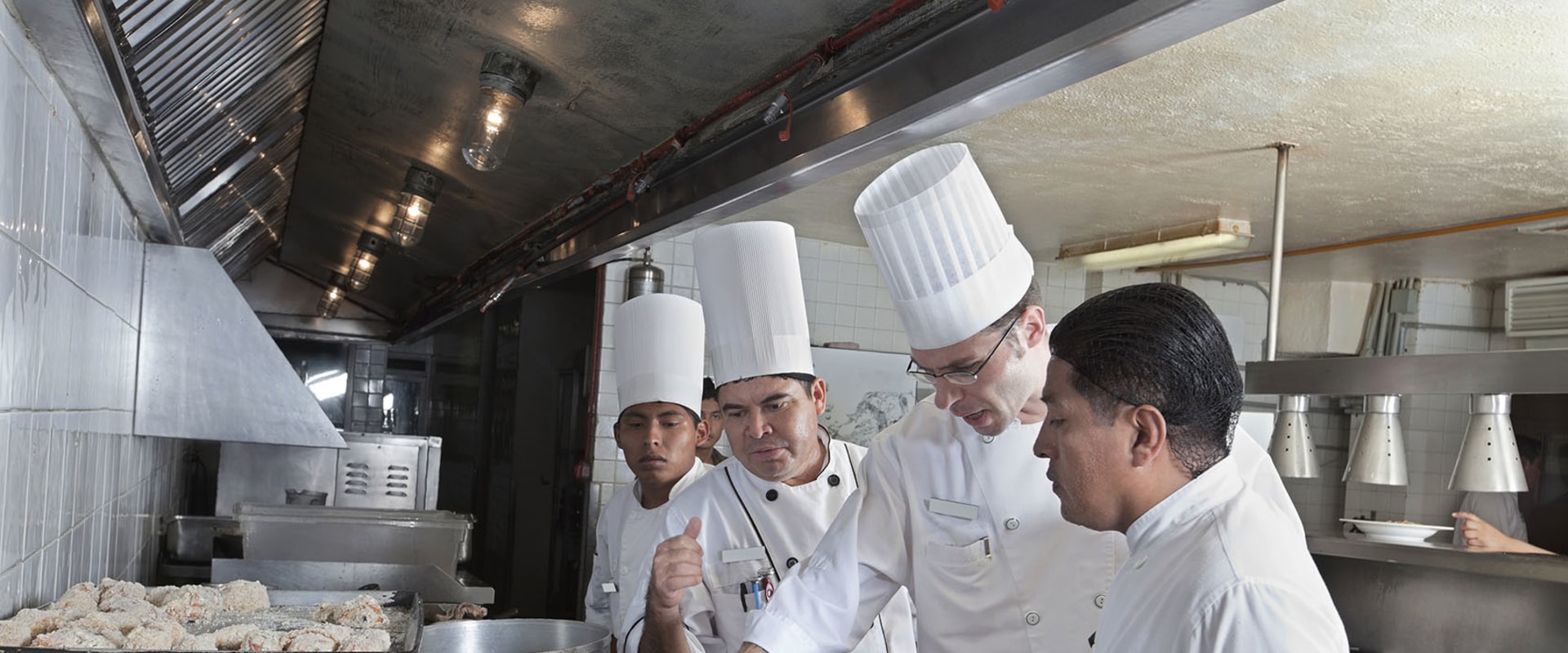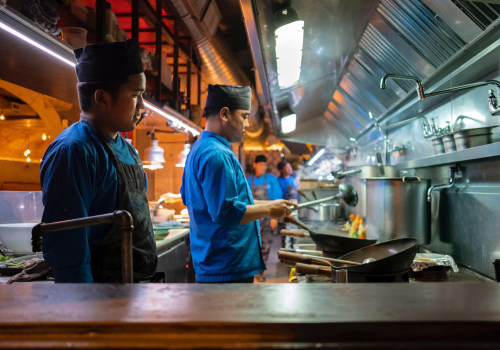The food manufacturing industry is an exciting place to work, offering plenty of opportunities for growth and development. Whether you work for a small or large company, you can expect to experience rapid growth. Many companies also offer graduate development programs, giving you the chance to reach the top. Working in the food and beverage industry is never dull, as no two days are the same.
The work in this sector is incredibly varied and covers a wide range of topics, such as engineering, automation and manufacturing systems, food science, food safety and many more. Before attending an interview, it's important to do your research on the company. Find out what they sell and how your skills can be adapted to their needs. If you're applying for a position as a cook, visit the restaurant, study the menu and even order a meal.
Take note of the atmosphere in the restaurant. Is it a place where you would like to work? Do you feel like you would fit in? Doing your homework about the prospective employer shows that you are interested in the job and committed to the new employer. Working in the food and beverage industry requires hard work, passion and dedication. Without these elements, you'll soon get tired of earning a living this way. When asked what motivates you to be in the food and beverage industry, make sure to give a strong response.
Managers want to hire candidates who meet the requirements of the position. The fast food service can be very busy at times, so they want to understand your work ethic and how you handle stress. When answering this question, provide a specific example from one of your previous jobs that relates directly to the type of work you'll be doing in the new position. If your events include prepared meals or a buffet, you're guaranteed leftovers, which can be divided among staff members for meals during the week. Working in the foodservice industry offers excellent career prospects as it is one of the UK's most important manufacturing sectors.
The growth of large companies is something that you will witness while working in this industry. The most important thing when working in this sector is to smile and make a good impression. The average wage in the food and beverage industry is rising faster than in any other major manufacturing sector. No matter what your skills are, there are plenty of jobs available that fit your skills, disposition and ambitions. All members of the food industry were labeled as key workers, which indicates its enormous responsibility. The best thing about working in this sector is its multifaceted nature which offers numerous opportunities for lateral progression, meaning you never have to get bored at work.
This is especially true in the food service and hospitality industry, where personal suitability and presentation are key ingredients for customer service.









